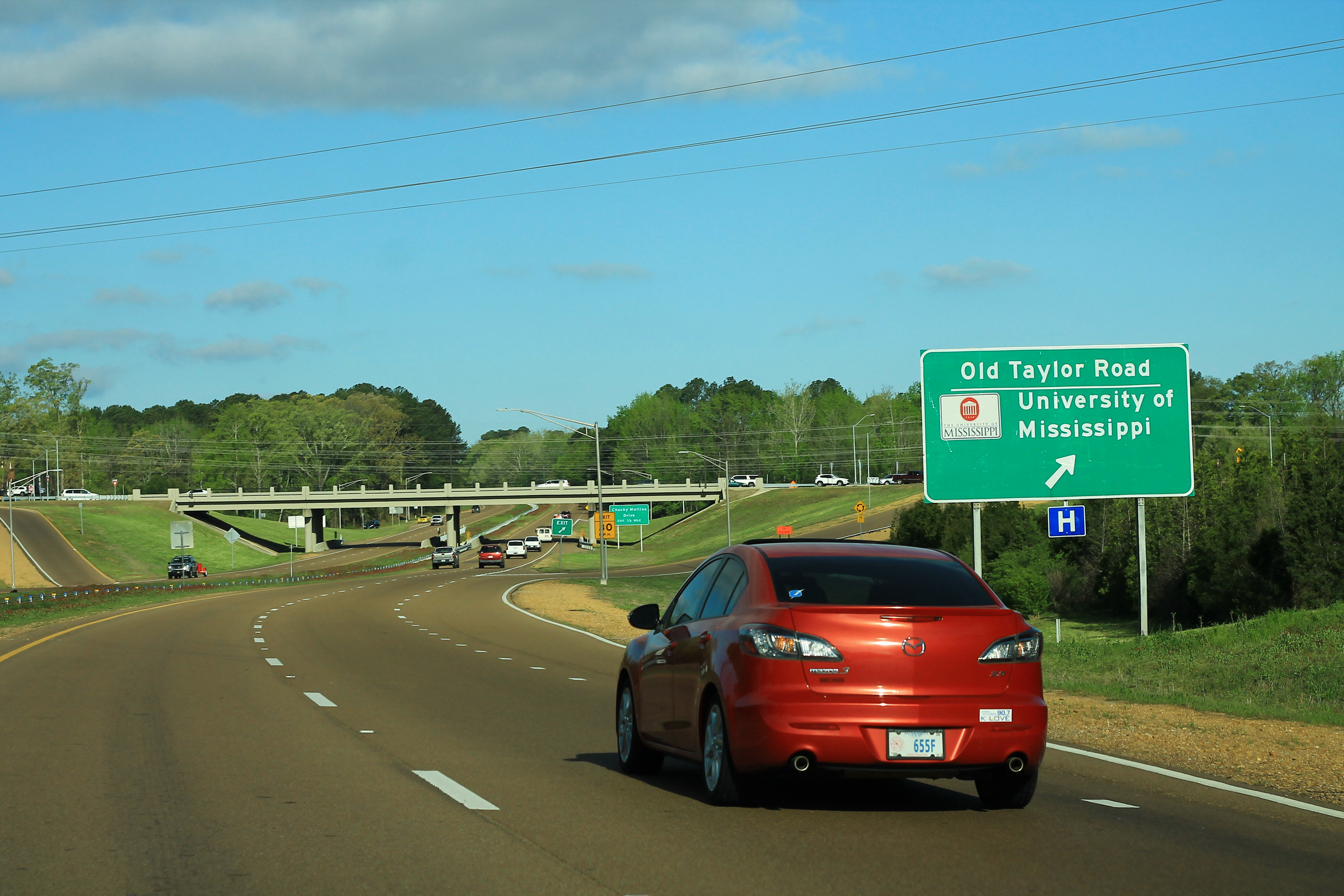Tuberculosis case could affect Northwest Community College
Published 10:30 am Friday, July 20, 2018
The Mississippi State Department of Health has confirmed a second case of tuberculosis in the LOU community.
In April 2018, the University of Mississippi released a statement regarding a confirmed case of active tuberculosis (TB) disease in a student at the Oxford campus. Following this confirmation, approximately 500 individuals who may have come in contact with the student with the active case were also tested.
According to Liz Sharlot, communications director for MSDH, this process was a lengthy one which led to a discovery of a second case. However, Sharlot said there is no real reason to panic.
“I remember when Ebola came out and people were freaked out. To contract TB, one has to have close contact for prolonged amounts of time,” Sharlot said. “In addition to the Ole Miss case, with the other positive case, family members and close friends have been contacted and tested.”
The treatment for a TB infection, what one could contract when exposed to an active case, is simple and not life-threatening, Sharlot said. Even an active case can be treated.
A person must be exposed (share air) with someone who has TB disease to become infected. Not everyone that is exposed becomes infected. Those who do become infected cannot spread TB to others unless their infection progresses to TB disease.
One person who was contacted is Michael Watkins, an Army veteran who also happens to be a student at Northwest Mississippi Community College. While Watkins said he is almost completely certain he doesn’t have either form of TB, his issue is the way things were handled by MSDH and the amount of time it took to be notified.
“I got a phone call last week, and of course I’m going to follow the protocol, because I want to make sure I’m not a risk to public safety,” Watkins said. “They knew it was at Ole Miss in April, but if the department of health had any idea, shouldn’t they have painted with a broader brush?”
While he said he is uncertain about where he may have been exposed, Watkins said conversations with classmates and his wife all indicate it happened while at NWCC. Many Ole Miss students enroll in classes at NWCC, so it’s likely that there was some crossover, he said.
Upon calling NWCC to inquire about a possible TB case on campus, Watkins said those he spoke to were unaware of the situation.
“When I called Northwest, they didn’t know anything,” he said. “I called them. Not the health department.”
Currently, it is unclear if NWCC is aware of the issue. A request for comment from the school was not returned before press time.
According to the MSDH website, treating a TB infection can help prevent progression to TB disease. TB disease usually occurs when the immune system of the infected person weakens, either through illness, age, medication or other causes.
While TB infection is not contagious, it is very important to identify and treat infection before it can advance to TB disease, the website said. A person with TB infection has no signs or symptoms and does not feel sick. The only way to know whether you are infected is to have a TB test.
For a person to become infected, a fairly long or repeated exposure is often required. The people most likely to become infected are contacts of TB disease cases and persons living in or traveling to countries where TB is prevalent.
TB skin or blood tests are available at local health clinics or doctor’s offices. The tests are quick and simple, and give results in only a few days.
While she admitted the news may shock some people, Sharlot maintained that all people who could have possibly been exposed by the second case of TB have been contacted and either have been tested or set up a scheduled time to do so.
“TB investigations take a long time,” Sharlot said. “The department of health tested several hundred individuals at Ole Miss, but TB investigations are not an overnight process.”





